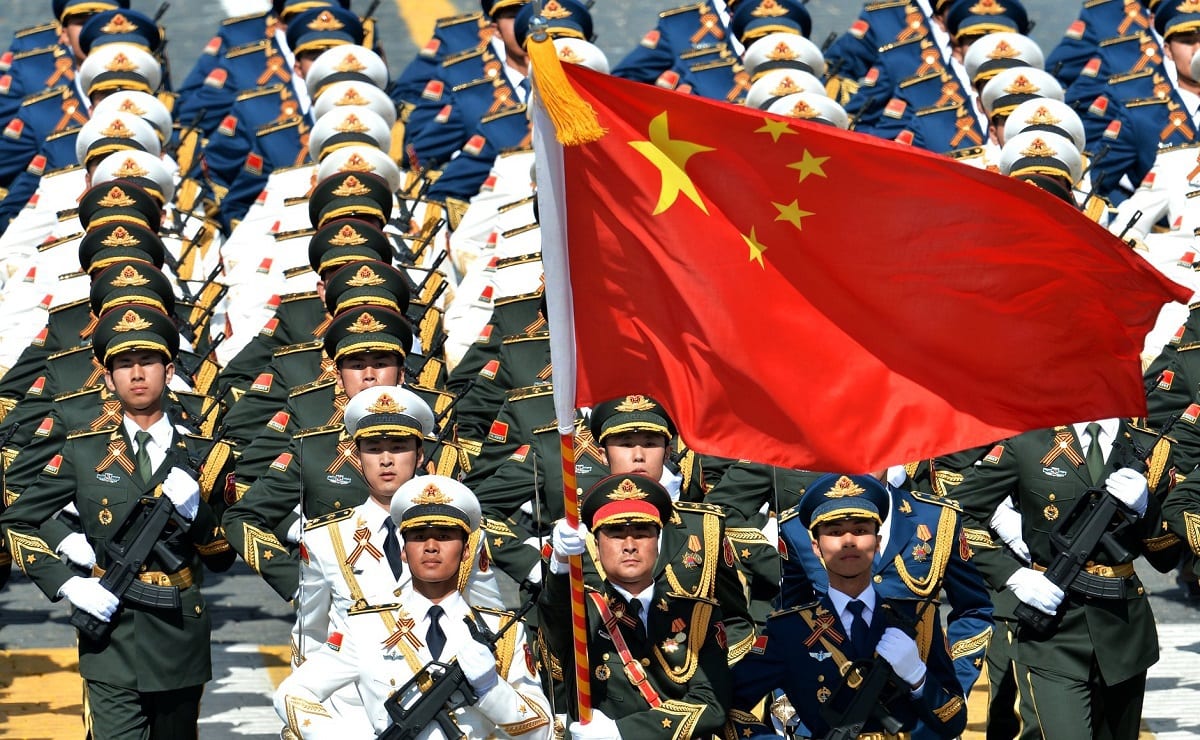The Great U.S.-China Trade De-Linkage Coming Soon? U.S. President Joseph Biden went to East Asia last week, and his trip was broadly successful. Biden’s top priority was to roll back the anxiety in the region caused by Donald Trump. The former president disliked U.S. alliances, and he sought to dramatically lift allied contributions for U.S. basing. Trump had a particular dislike for South Korea; he claimed he would ‘blow up’ the U.S.-South Korea alliance in a second term. Biden put that notion to rest.
But Biden met with hesitation on the big issue of the region’s future: China. When Biden declared that the U.S. would defend Taiwan against a Chinese assault, Japanese Prime Minister Kishida Fumio ducked making a similar commitment. South Korea’s new president, Yoon Seok-Yeol, is more hawkish than his predecessor, but he also made sure not to align South Korea too closely with the Quadrilateral Security Dialogue, the informal anti-Chinese coalition of India, Japan, Australia, and the U.S.
Caution on China
The reasons for this hesitation are both geopolitical and economic. Geography cannot be changed. Japan, South Korea, and other East Asian states like the Philippines and Vietnam are permanently saddled with China as a neighbor, and they are unsurprisingly cautious of antagonizing it. All hope to avoid openly tilting toward one side or another. The U.S. can always be more hawkish on China, simply because it is farther away.
But most regional states also have a dense economic relationship with China, as does the U.S. This is where changes can be made, and that prospect is one of the large challenges for the states near China. All of these countries have benefited from exporting to China’s growth machine in recent decades, but it is increasingly clear that China will use these trade links for political advantage. As some academics have put it, China is weaponizing interdependence. This aggressive approach will probably push many nearby states to gradually sever their economic links to Beijing. Trade is valuable, but most states will prioritize their sovereignty.
The Political Ramifications of Trading with China
China’s trade expansion is impressive. Its economy is on course to exceed America’s in absolute size by the end of the decade. As a result, China absorbs a lot of its neighbors’ exports. It is Japan’s largest importer (over 20% of Japan’s exports go to China) as well as South Korea’s (over 25% of total exports). Almost 16% of Vietnam’s exports go to China, as do almost 14% of the Philippines’ and over 30% of Australia’s.
Unsurprisingly, these numbers give China leverage it has not been afraid to use. China has put export restrictions on Australia due to Canberra’s call for an investigation into the origins of COVID-19. Beijing has also used trade to bully South Korea over missile defense. It used both aid and trade to push the Philippines to accept its control of the South China Sea. There is also a widely held suspicion that China pushes unsustainable borrowing on poor states in order to create so-called debt-traps that push them into political concessions.
All this raises tricky issues of economic entanglement that were not present during the Cold War. The Soviet Union had a powerful defense industrial base and could provide weapons to clients – but little else. China’s military power is rising too, but its economic size is another valuable card. Beijing can use offers of aid and market access to push countries toward its preferences. The harassment of South Korean businesses in China over missile defense is an example, as is corrupt giving to leaders in client countries, in exchange for favors.
The Coming De-Linkage
China has taken a belligerent turn under President Xi Jinping. Its behavior toward its own population in Xinjiang and Hong Kong is unnerving. It has supported Russia’s brutal war on Ukraine. It makes capacious claims in the Himalayas and the South China Sea. No longer do Chinese elites talk about the peaceful rise of their country. Beijing is acquiring a reputation for bullying. In February, a poll found 71% of South Koreans wanted nuclear weapons – because of China, not because of North Korea.
Conflict with Beijing is unlikely. It would be disastrous for all involved. But there will probably be a slow disentangling of economies. Biden ran into reticence on his trip, if only because South Korea and Japan are so deeply tied to China. But both countries also want to participate in the U.S.-led Indo-Pacific Economic Framework, which pointedly excludes China. If trading with China means dealing with bullying and accepting Chinese-imposed limits on one’s foreign policy, then expect many states, including the U.S., will start pulling back.
Robert E. Kelly is a professor in the Department of Political Science at Pusan National University in South Korea and a 1945 Contributing Editor. Follow his work on his website or on Twitter.

